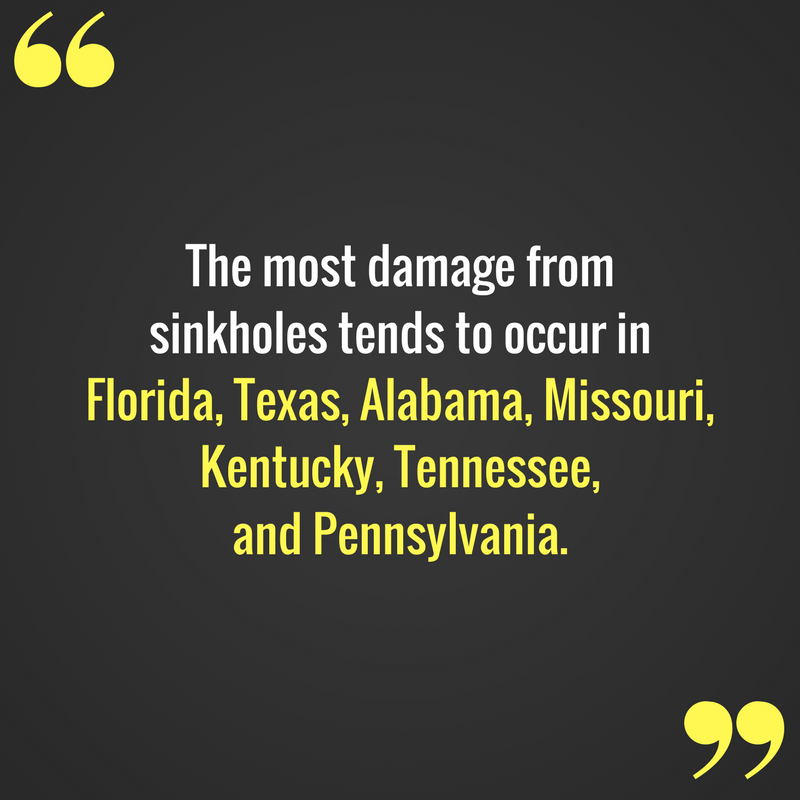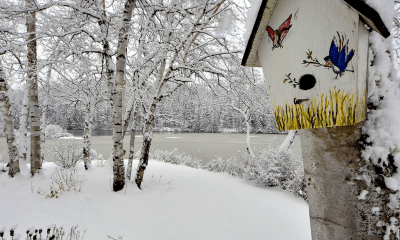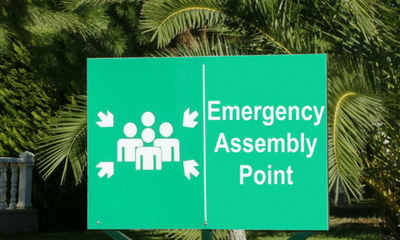Sinkholes: Are You Covered For That?
Sinkholes are unpredictable, challenging to examine, and costly to fix. Because a sinkhole originates below ground-level it is hard to tell when and where they may occur. While testing can be done, it is not 100% accurate, leaving property owners with many questions and concerns.
Causes
Sinkholes can be caused both naturally as well as be human-induced. The former is due to ground water that erodes rocks, minerals, and soil leaving a cavity underground with little support. When enough erosion occurs weakening the surrounding soil the land essentially collapses resulting in a sinkhole.
The latter human-induced sinkholes are caused by means of construction such as drilling, mining, excavation work, or other instances where the ground is being disturbed. Heavy traffic can also disrupt sinkholes due to the weight of many vehicles, bridges, and roadways.
Effects
Sinkholes can cause many devastating effects such as:
- Damage to human life
- Structural damage to buildings including collapse
- Toxic chemicals released polluting ground water
 Common Areas
Common Areas
According to the USGS (U.S. Geological Survey), “The most damage from sinkholes tends to occur in Florida, Texas, Alabama, Missouri, Kentucky, Tennessee, and Pennsylvania.”
Insurance Coverage
Unfortunately sinkholes are grouped into the ‘earth movement’ category with earthquakes, which are typically not covered by a standard property insurance policy. However, sinkhole coverage may be available as a separate endorsement to your policy – to find out check with your insurance agent/broker.
Some states such as Florida legally require insurers to offer additional coverage such as “catastrophic ground cover collapse” which doesn’t always include sinkholes specifically and comes at an extra cost. Florida is the most common state in the U.S. for sinkholes to occur as it has enormous amounts of rain and tropical storms all while having sub surfaces susceptible to erosion from such storms.
Additionally, property insurance is based only on the value of your home or commercial building; this does not take the value of land into consideration. As such if a sinkhole were to occur on your land and not cause any damage to your building it would typically not be covered.
What to do if you have a sinkhole claim
If you have a sinkhole or an indication that sinkhole may occur on your property, you should:
- Evacuate the premises
- Notify authorities
- Mark off the premises with fencing, caution tape, or other means to warn others of the possible danger.
- Immediately contact your insurer
For additional information, visit:
- Adjusting Today “Insurance Coverage for Collapse: How Has It Changed and Why?”
- Florida’s Chief Financial Officer “Sinkholes and Catastrophic Ground Collapse”












